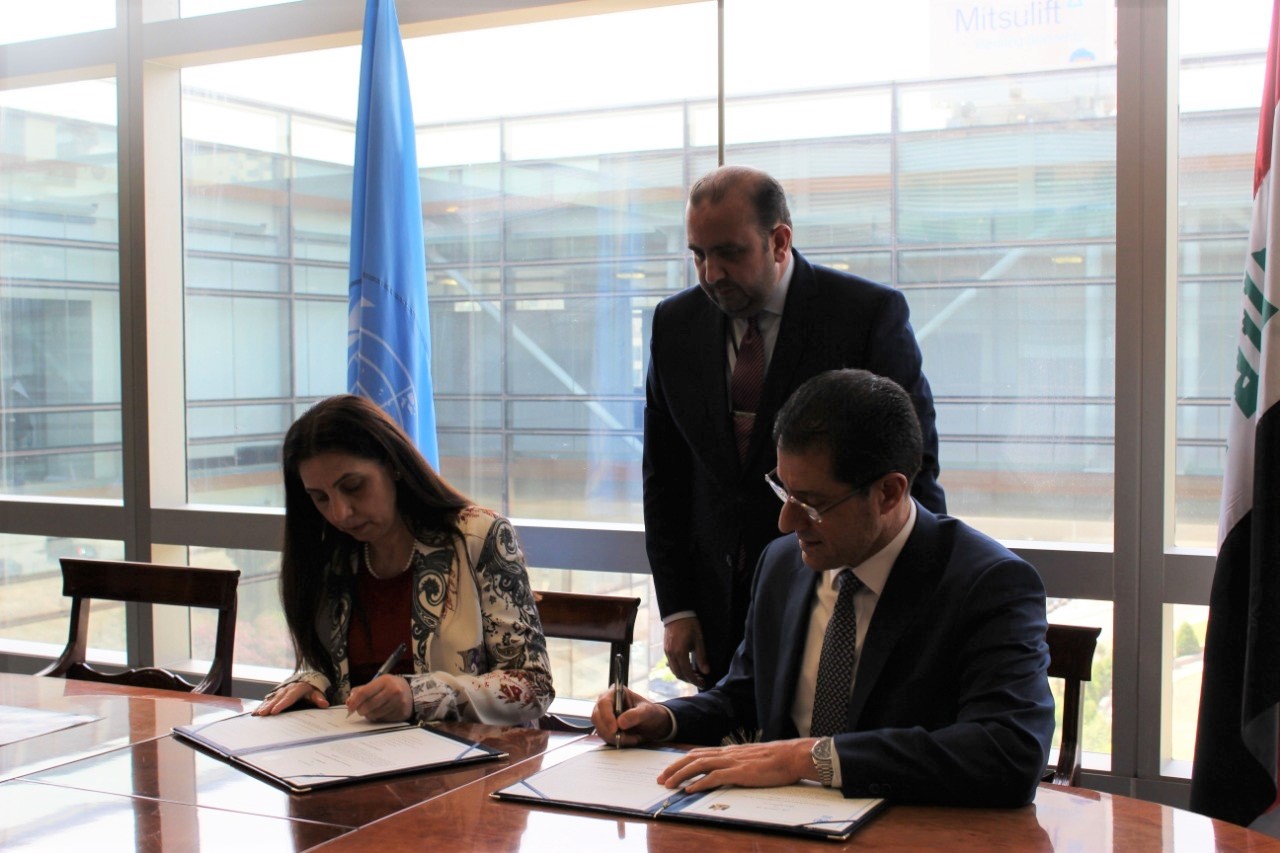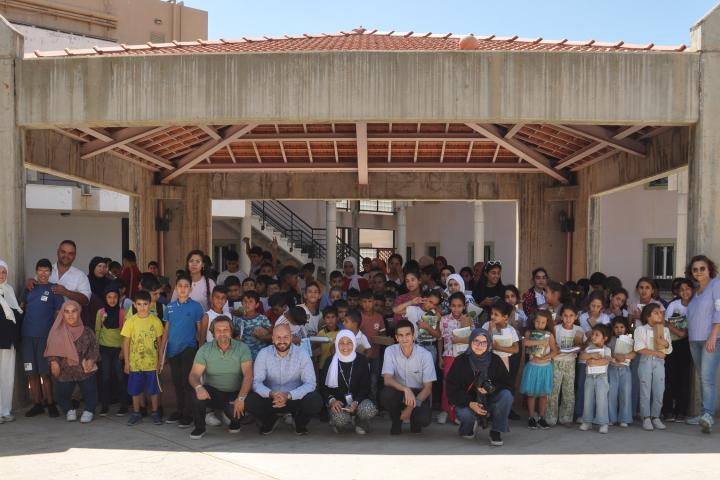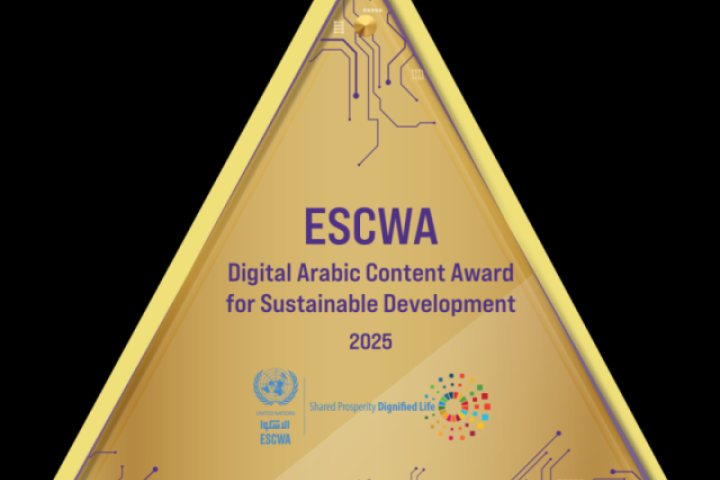The TC framework revolves around fourteen guiding areas, including the assessment of the climate change impact; strengthening food security; providing technical support in the fields of technology, statistics, and transport and road safety; developing a national multidimensional poverty index; achieving financial sustainability and stimulating the labour market; and developing standard economic models.
In remarks following the ceremony, Dashti said that the TC framework covers concerns of the Iraqi people, including the creation of job opportunities, combating poverty, facing climate change and its impact on water and other issues, as well supporting youth and women and using technology to improve governance.
This comes in line with the efforts of ESCWA to support member States in adopting strategies aimed at achieving sustainable development, founded on social justice, equity, equality and poverty reduction; and in support of member States’ international commitments, especially implementing the 2030 Agenda for Sustainable Development.
For his part, Al-Dulaimi expressed his hope in a fruitful cooperation with ESCWA over the next two years, adding that it aims to provide better services to Iraqi citizens and improve environment in Iraq.
It also covers supporting government efforts to establish a social fund for development; supporting rural development; measuring the impact of legislation and laws on development; providing technical support to empower women and achieve gender equality; preparing a “model programme” for “rehabilitating people in liberated areas”; and supporting decentralization to localize the Sustainable Development Goals (SDGs).
It is worthy to note that ESCWA has similar TC frameworks signed with Egypt, Mauritania, Morocco, Sudan, and Syria.
*****
For more information:
-Nabil Abu-Dargham, Head, ESCWA Communication and Information Unit,
+961-70-993-144; email: dargham@un.org
-Ms Rania Harb, Public Information Assistant, +961-70-008-879; email: harb1@un.org




